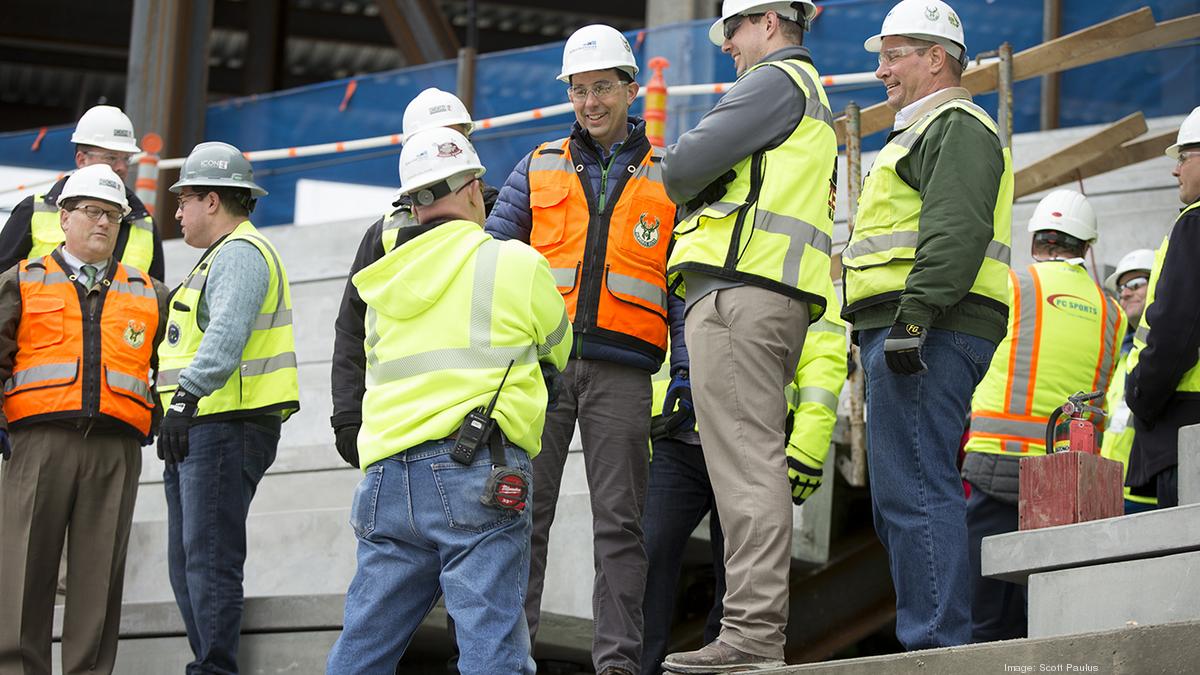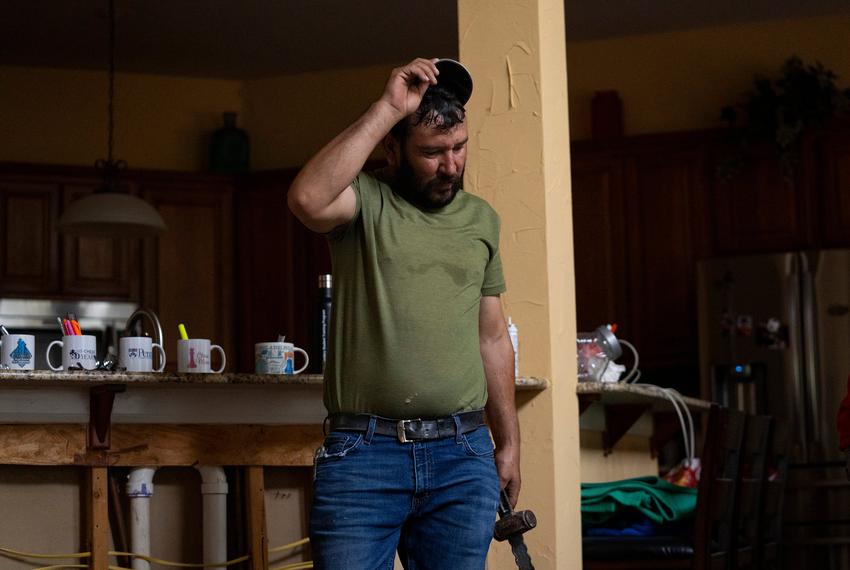
Texas Association of Builders opposes legislation requiring construction employees to take breaks. (Photo: Business Journal)
WORKERS EXPERIENCED THE TEXAS HEAT WAVE ELEVATIONS DUE TO LACK OF REGULATIONS
The Texas heat wave used to be bearable for Maynor Estuardo Alvarez, but not any longer.
Last summer, he was working as a painter in a Houston condominium when something in his body shifted. The unit lacked air conditioning, it was the middle of the afternoon, and the temperature had topped 100 degrees.
He suddenly experienced heart palpitations and heavy perspiration. His arms and calves began to cramp, followed by an excruciating agony under his ribs due to high Texas heat wave.
He called his wife and admitted, “I think I’m about to faint.” He claimed he was already drinking water when she instructed him to do so.
“Get out of there then,” she commanded.
Alvarez relocated to a different air-conditioned room, drank more water, and eventually felt better. Although his wife persuaded him to stop work due to high Texas heat wave, he persisted.
But the incident caused him to reconsider working on extremely hot days.
Since moving to Texas from his native Quetzaltenango, Guatemala, 18 years ago to work in the construction industry, Alvarez has experienced heat exhaustion on prior occasions.
But he believes the Texas heat wave has taken a toll on his body, and even a year after the incident in Houston, he still avoids being in such hot environments. He doesn’t want to do it either.
When Texas heat wave index this year reached triple digits due to a heat wave, Alvarez once more concerned about his health. While the heat has temporarily subsided, temperatures are expected to increase once more during the next few days.
In addition to others working in industries including agriculture, postal delivery, manufacturing, food preparation, and landscaping, this puts construction workers like Alvarez in danger due to high Texas heat wave.

Due to the lack of regulations, workers must prevent Texas heat wave injuries on their own. (Photo: Texas Tribune)
Workers are not particularly protected from Texas heat wave illness by federal or state requirements, and Texas towns and counties may soon be prohibited from passing local regulations with that aim.
As demonstrated by the Alvarez case, heat safety depends more than ever on workers receiving self-care training, managers becoming familiar with the signs of heat stress, and employers being prepared to provide breaks and other preventive measures.
As a result of many deaths being classified as connected to other causes, according to work safety experts and unions, heat-related fatalities are likely undercounted.
Although 2022 was the second-hottest year on record, this summer is expected to be cooler. However, that does not rule out the Texas heat wave like the one we had last month.
According to scientists interviewed by The Texas Tribune, climate change intensifies heat waves, making them more frequent, lasting longer, and reaching higher temperatures.
























